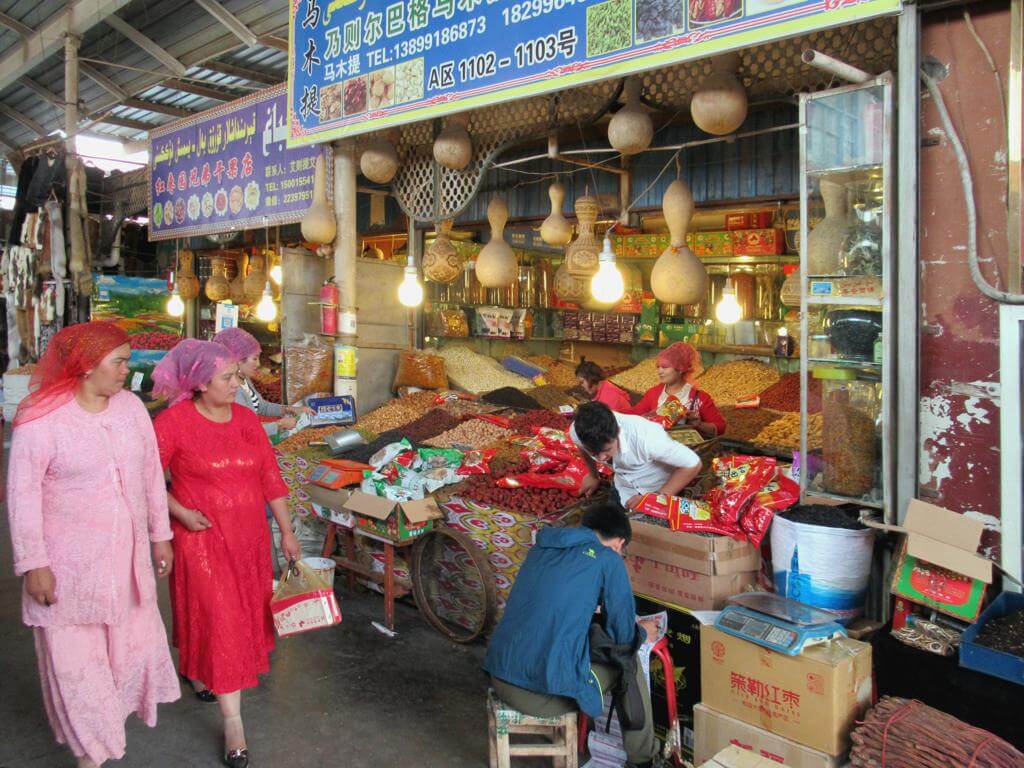The UN’s Office of the High Commissioner for Human Rights has finally released its report on human rights abuses in Xinjiang, after years of delays. The report was published just minutes before the end of Commissioner Michelle Bachelet’s term on August 31st, despite the UN’s investigation first being announced in 2018.
Bachelet claimed the report was being “finalised” almost a whole year ago, then facing regular criticism for continued delays from human rights groups. Back in March, Amnesty International was joined by almost 200 organisations in penning a letter of complaint, expressing concern over “the relative silence of your Office in the face of these grave violations” and urging Bachelet to “release the report without further delay”.
And yet, the release of the paper remained unconfirmed until the day before. The Guardian attributes its midnight publication to an “eleventh-hour delivery of an official Chinese response” containing names and faces that had to be blacked out in the report.
Of course, to say the Chinese government has been uncooperative would be the understatement of the century. A media leak last month uncovered a letter circulated by Beijing urging the OHCHR not to release the report. The stunt fits into Beijing’s years-long pattern of gaslighting and denial around Xinjiang.
China continues to strenuously deny any allegations of human rights abuses, and attempts to recast all evidence in a ‘positive’ light. It calls the Uyghur internment camps ‘voctional training centres’. Anyone who tries to speak the truth is condemned and sanctioned.
When Bachelet visited China in May – the first High Commissioner’s visit in almost twenty years – she was barred from speaking with any detained Uyghurs or their families, and accompanied by state officials at all times in Xinjiang.

She was heavily criticised for her silence about China’s rights abuses during and after the trip. Amnesty Secretary General Agnes Callamard said at the time that Bechelet’s visit left the “impression that she has walked straight into a highly predictable propaganda exercise for the Chinese government.”
What’s in the Xinjiang report?
The 45-page report details sweeping internments, credible accounts of torture, and the widespread mistreatment of Muslim minorities including Uyghurs and Kazakhs. It concludes that “the extent of arbitrary and discriminatory detention of members of Uyghur and other predominantly Muslim groups…may constitute international crimes, in particular crimes against humanity.”
Reports of UN interviews with dozens of former inmates tell of beatings with electric batons, extended solitary confinement, and waterboarding. “Several women interviewed by OHCHR raised allegations of forced birth control,” the report says, “in particular forced IUD [intrauterine device] placements and possible forced sterilisations with respect to Uyghur and ethnic Kazakh women.”
Beijing has derided the report as “based on the disinformation and lies fabricated by anti-China forces”, and predictably condemned it as ‘wanton slander’.
The report doesn’t tell us anything new – it lines up with long-standing allegations and other reports, like Amnesty’s, released earlier. But it is a UN report – so as UNSW’s Human Rights Institute Diretor, Justine Nolan notes, it is “no longer possible for any state, business or individual to have plausible deniability” about Xinjiang.
And Beijing’s heavy-handed fight to squash the report should serve as a dangerous reminder of China’s disregard for human rights, and the international bodies that monitor them.
Bazaar image: “Kashgar Grand Bazaar” by D-Stanley is licensed under CC BY 2.0.
Cover image: “Id Kah Mosque” by D-Stanley is licensed under CC BY 2.0.
Follow Maddie’s journalism on Twitter.
Sign Up To Our Free Newsletter